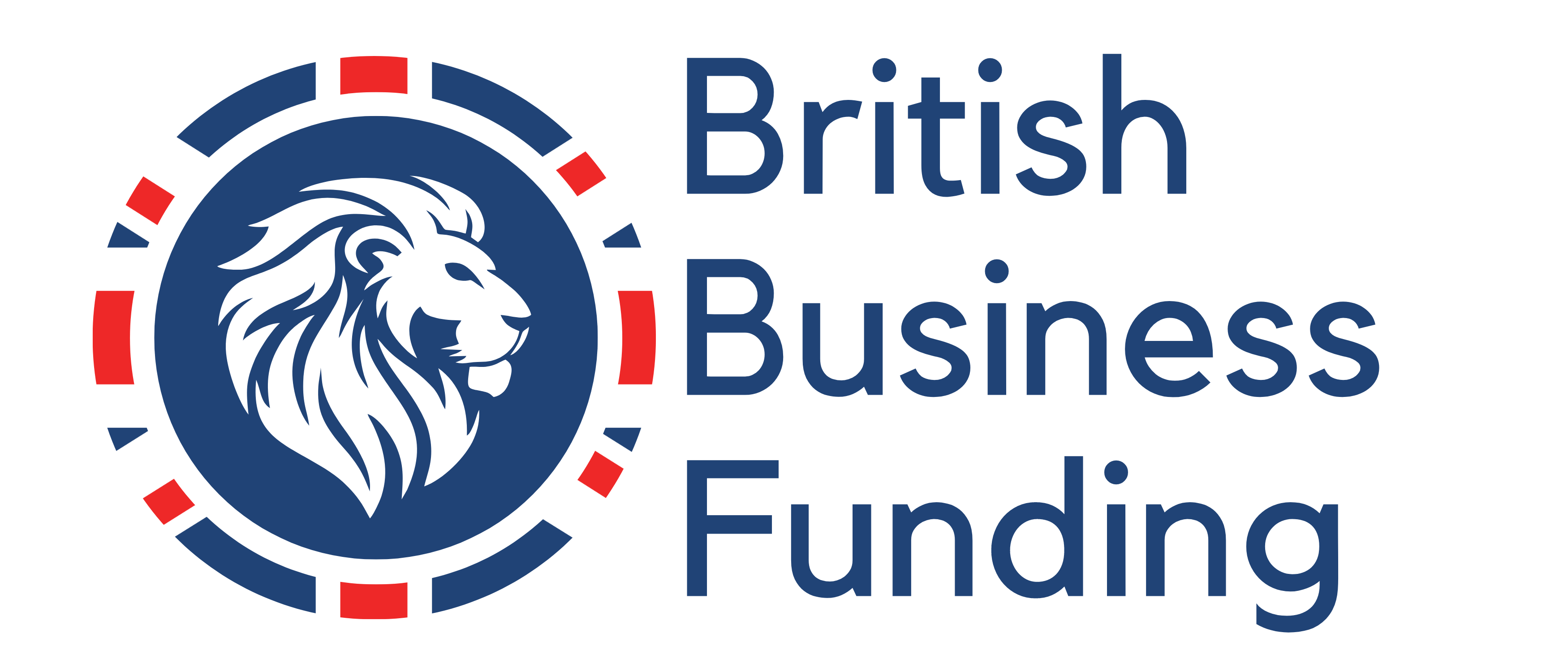When it comes to obtaining financing for your business, understanding the distinctions between secured and unsecured loans is crucial. Both options have their own advantages and considerations that should be taken into account before making a decision. In this comprehensive guide, we will explore the definitions, pros, and cons of secured and unsecured business loans, providing you with the information you need to make an informed choice.
What is a Secured Business Loan?
A secured business loan allows borrowers to use an asset or multiple assets as collateral against the loan amount. The lender utilises these assets as a form of guarantee, providing them with added security and enabling them to offer better repayment terms compared to unsecured loans.
Typically, secured business loans are backed by assets such as property, equipment, machinery, or land. However, lenders may accept other high-value assets owned by either the business or the borrower. Another form of secured lending is invoice finance, which allows businesses to leverage their invoices and accounts receivable as security for a loan.
By providing collateral, borrowers reduce the risk for lenders. Consequently, secured loans increase the likelihood of loan approval and often enable borrowers to access larger loan amounts with longer repayment terms. Additionally, secured loans generally come with lower interest rates compared to unsecured loans.
What is an Unsecured Business Loan?
For businesses that lack assets or prefer not to use their existing assets as collateral, an unsecured business loan offers a straightforward and fast way to secure affordable financing. Unlike secured loans, unsecured loans do not require the borrower to provide any collateral.
With an unsecured business loan, borrowers repay the loan through monthly or quarterly instalments over a fixed time frame. Depending on the business’s needs, borrowers can choose between short-term or medium/long-term loans. It’s important to carefully review the terms and conditions of the loan to determine if early repayment is possible without incurring additional fees.
Deciding Between a Secured and Unsecured Business Loan
If you’re still unsure which type of loan is best suited for your business, consider the following pros and cons of secured and unsecured business loans.
Pros of Secured Business Loans
Secured loans offer several advantages for borrowers:
- Lower Interest Rates: By providing assets as collateral, borrowers can enjoy lower interest rates compared to unsecured loans and other types of business financing. Lenders have the added security of a secondary source of repayment, reducing the risk of financial loss.
- Higher Borrowing Limits: The loan amount you can borrow is often determined by the value of the assets you offer as collateral. In some cases, borrowers can even secure loans up to 100% of the net value of their assets.
- Longer Repayment Terms: Secured loans often come with longer repayment periods, allowing borrowers to make lower monthly payments. This alleviates the strain on cash flow and enables businesses to focus on growth and expansion.
- Flexibility in Trading History and Credit: Secured loans are a viable option for startups without a trading history or businesses with less-than-perfect credit. The assets used as collateral act as a guarantee for the lender, reducing the emphasis on a solid trading history or credit score. Lenders may consider previous issues but might require a director’s personal guarantee for additional security.
Cons of Secured Business Loans
Before opting for a secured business loan, consider the following factors:
- Requirement for Assets: Secured loans necessitate having assets within your business that you are willing to use as collateral. This may not be suitable for all businesses, especially those without significant assets.
- Risk of Asset Repossession: In the event of loan default, the lender has the right to sell the collateral to recover the loan amount. Borrowers must be prepared for the potential loss of their assets if they are unable to repay the loan.
- Upfront Costs: Obtaining a secured loan often involves upfront expenses, such as valuation fees and legal fees if the lender places a legal charge on your property. Even if the valuation is unfavourable, the borrower will still be responsible for paying these fees, even if the loan is declined or smaller than anticipated.
- Longer Processing Time: Compared to other financing options, secured loans typically require a longer processing time. Lenders need to complete due diligence processes, which can take weeks before funds are made available to the borrower.
- Consideration of Total Loan Cost: While secured loans may offer lower interest rates, borrowing costs can accumulate over the long term. It is essential to consider the total cost of the loan, particularly when borrowing over an extended period.
Pros of Unsecured Business Loans
Unsecured loans offer the following advantages:
- Quick Access to Funds: Compared to other types of financing, unsecured business loans provide a fast and straightforward process for accessing funds. In many cases, borrowers can receive funds on the same day they apply.
- No Collateral Required: Unsecured loans do not require borrowers to offer any assets as collateral, making them an attractive option for businesses that do not want to put their assets at risk.
- Predictable Repayments: With fixed monthly payments over a predetermined period, borrowers can plan their loan repayments in advance, helping with budgeting and financial management.
- Minimal Upfront Costs: Unsecured loans often involve minimal upfront costs, allowing borrowers to secure financing without significant initial expenses.
Cons of Unsecured Business Loans
Consider the following aspects before opting for an unsecured business loan:
- Higher Interest Rates: Lenders typically charge higher interest rates for unsecured loans due to the increased risk they assume by not having collateral. However, businesses with a solid trading history and good credit may still receive more favourable terms.
- Lower Borrowing Limits: Unsecured loans may come with lower borrowing limits compared to secured loans. The absence of collateral reduces the lender’s confidence in lending larger amounts.
Making the Right Choice for Your Business
Now that you have a comprehensive understanding of secured and unsecured business loans, you are better equipped to make an informed decision. If you require further assistance or would like to explore additional finance options, consider registering with British Business Funding. Our network of government-backed loan and finance providers enables us to offer our clients preferential rates and the best deals in the market.

